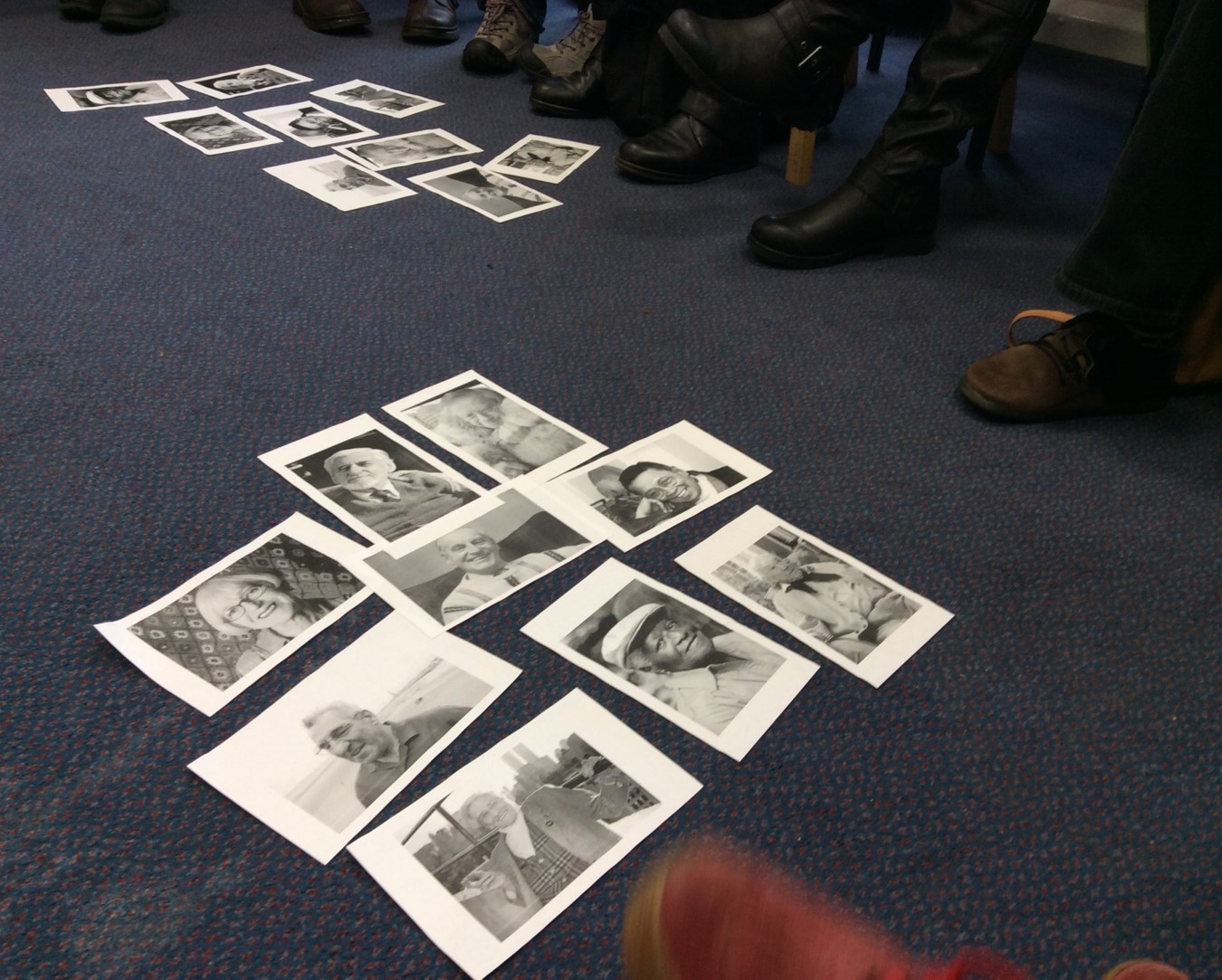Promoting inclusive care environments for older people with sexual and gender diversities

Trish Hafford-Letchfield explains how older LGBT in residential care are victims of a ‘double trauma’ and gives the example of a project that aims to foster their inclusion
In some international regions, there have been substantial achievements in legislative and human rights for lesbian, gay, bisexual and transgender (LGBT) older people. This has increased their visibility in health and social care but at the same time, these rights have surpassed the ability of care services to meet their needs through a lack of awareness, training and engagement. There is a wealth of documented concerns about the accessibility, inclusiveness and safety of care services for LGBT older people particularly concerning institutionalised care.
In these closed environments, older LGBT people may become disadvantaged and marginalised in relation to the issue of ageing and sexuality, giving rise to a kind of multiple exclusion and multiple ageism. For example, we know very little about what constitutes optimal conditions for promoting inclusive practices and how older people and staff in care settings can foster these meaningful, essential and inclusive relationships. While some of the issues facing LGBT people are likely to be similar for all older people, LGBT people live with a legacy of times when social attitudes were less tolerant and legislation criminalised rather than protected them. In some countries, this is still very much the case.
Consequently, some older LGBT individuals have maintained privacy about their sexual orientation and/or gender identity over a lifetime or may not disclose central aspects of their identity in order to feel safe when accessing health, social care and housing provision in later life. For those previously ‘out’, they may go back in the closet. For older LGBT individuals therefore, moving into a care home can be experienced as a “double trauma” given the need to adapt to communal living coupled with anxieties about being obliged to conceal differences in gender identity and sexual orientation.
The importance of working co-productively
One of our projects aimed to pilot and evaluate a scheme within six care homes in England to enhance the inclusion of their older LGBT residents. The evaluation findings highlighted the importance of giving attention to several related concerns as follows:
- providing opportunities for care staff to develop awareness and knowledge of working with older LGBT people;
- enabling care home managers to demonstrate leadership in an area of equality and diversity and to receive support in shaping the culture of their own care home environment; and
- a requirement for an evidence-based assessment and development tool to “audit” and benchmark good practice in LGBT inclusion.
Again, by working closely with older LGBT themselves, we were able to reflect and learn directly from them about the importance of working co-productively to find solutions. The project adopted a co-productive approach through the recruitment of volunteer LGBT Community Advisors and collaborated with them in the planning and execution of the project. Community Advisors engaged with managers and staff in care homes and used their own expertise and experience to develop a series of conversations, activities and action planning to try and develop more awareness and commitment.
Learning material in development
The project achieved change at a micro-level which was evident in the small but notable shifts noticed by the Community Advisors in staff responses to the life-stories of LGBT individuals that they brought through their commitment and involvement. Similar shifts were discernible in interview accounts from managers pre- and post-intervention, who started to consider and, in some cases, initiate their own strategies for organizational change. The relationships developed between Community Advisors and care home staff and managers were critical in facilitating these changes. This project represents a staging-post in what needs to be a longer-term campaign at a national level to combat ageism for people with diverse sexual and gender identities.
Further, we are currently working with other countries in the EU to use a co-productive approach to developing learning materials which can support professionals engage with LGBT ageing, sexuality, gender and sexual identities. We hope that you will follow our project website www.beingme.eu to see how it develops.
Read also:
We must respect older people’s varying identities: a message from MEP Sirpa Pietikäinen
Older LGBTQI People: IFA, Egale Canada and SAGE call to action
—
Trish Hafford-Letchfield is Professor of Social Care at Middlesex University, London, UK. She is a qualified nurse, social worker and educator and her main interests are in promoting the quality of older people from marginalised communities: https://www.mdx.ac.uk/about-us/our-people/staff-directory/profile/hafford-letchfield-trish


Facebook Comments